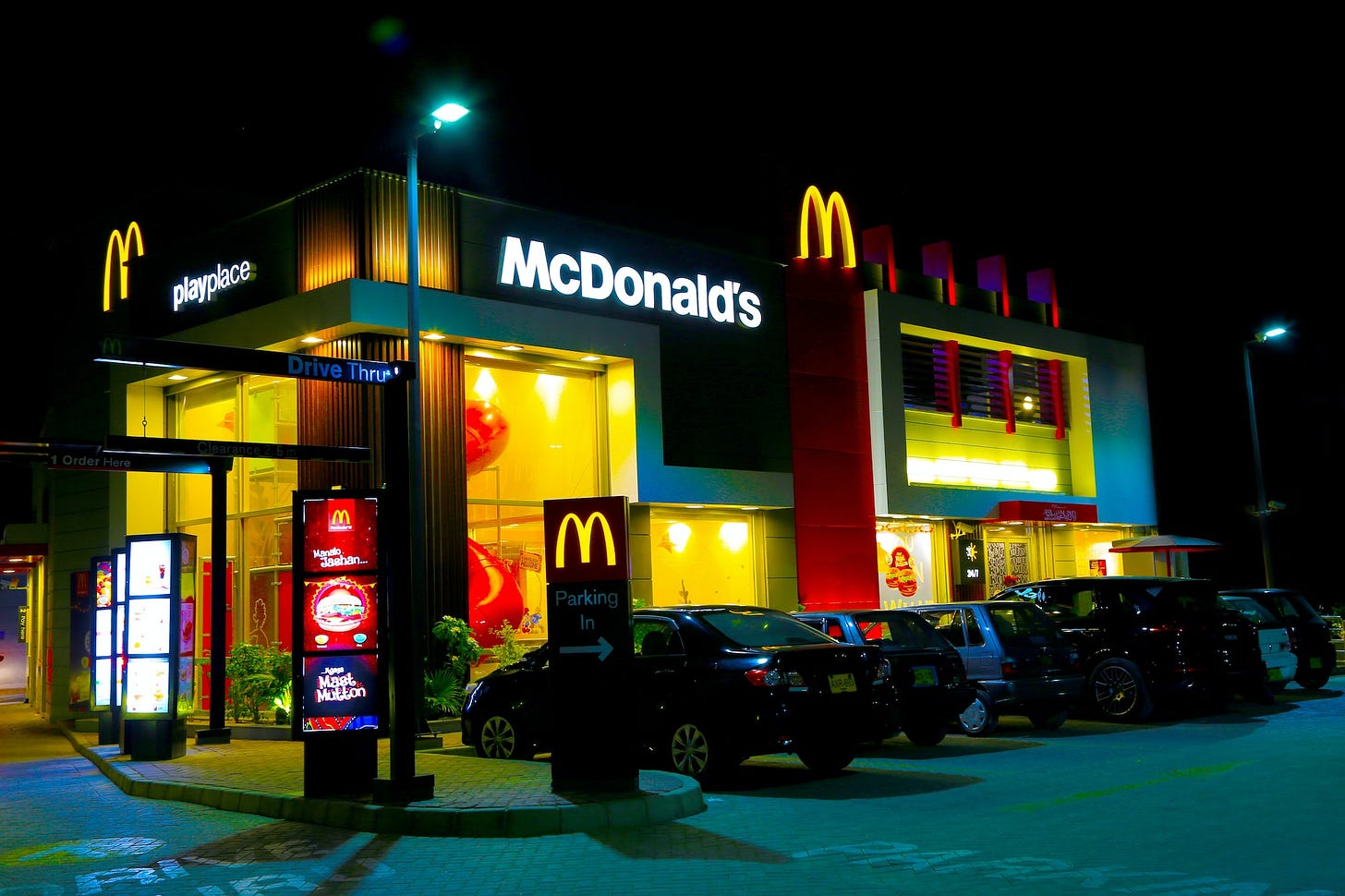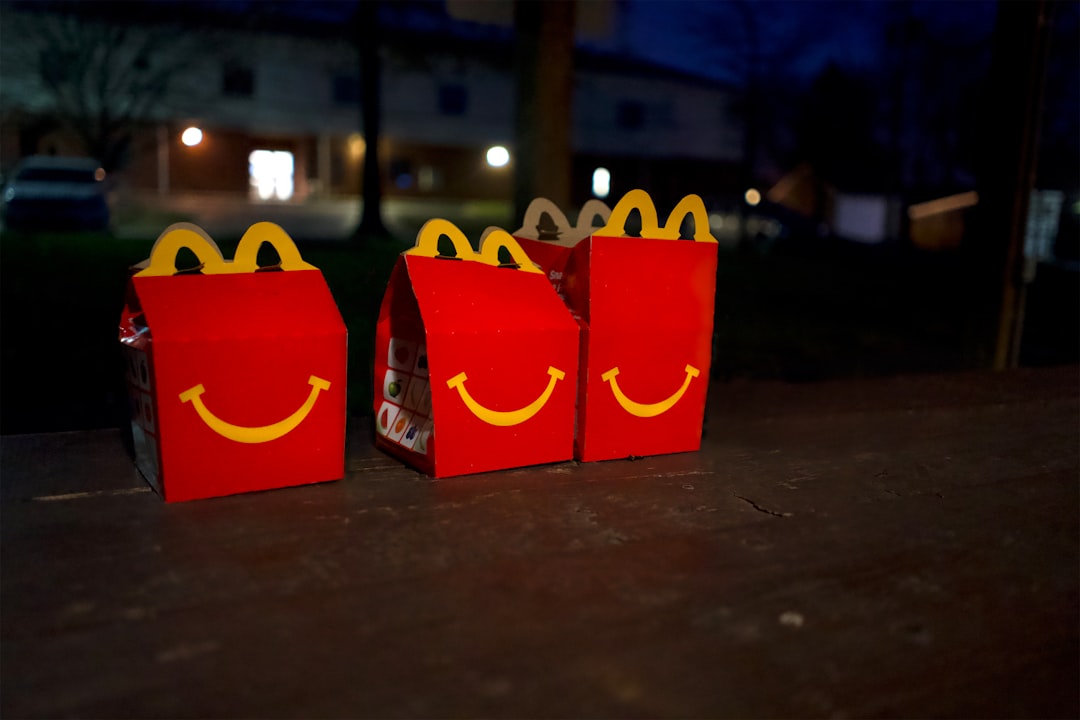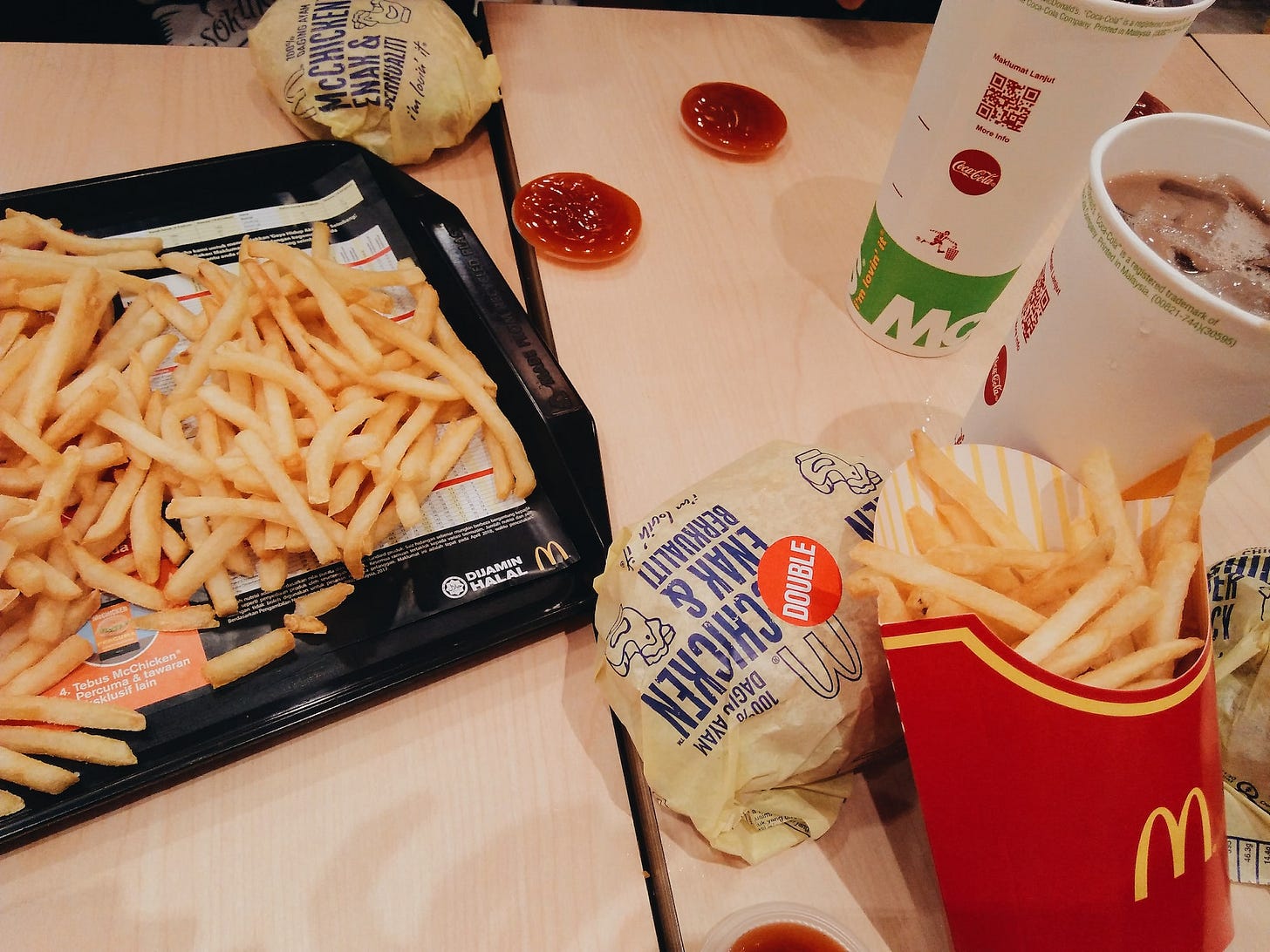McDonald's Franchise Owner Found Liable for Hot Chicken McNugget Incident of a Four Year Old Girl In Florida.
Attorneys for the parents said another trial will determine how much McDonald's and Upchurch Foods will have to pay in damages.
In a recent case reminiscent of the infamous McDonald's hot coffee lawsuit of the 1990s, a jury in South Florida found McDonald's and a franchise holder, Upchurch Foods, liable for a hot Chicken McNugget from a Happy Meal that fell and caused second-degree burns on a young girl's leg. This verdict marks a significant development in the ongoing debate over the responsibilities and liabilities of fast-food companies.
The incident occurred in 2019 at a McDonald's drive-thru in Tamarac, Florida. The victim's mother, Philana Holmes, bought Happy Meals for her children. After she handed the meals to her children in the back seat, her daughter started screaming. Only after pulling over and checking on her daughter did she discover the burn on the child's leg, caused by a hot Chicken McNugget that had fallen from the Happy Meal.
After two days of testimony and arguments, the jury found McDonald's USA and its franchise owner, Upchurch Foods, at fault. The franchise holder was held liable for negligence and failure to warn customers about the risk of hot food. McDonald's USA was found liable for failing to provide instructions for safe handling of the food. However, the corporation was not deemed negligent, and the argument that the product was defective was dismissed.
Despite the verdict, McDonald's owner-operator Brent Upchurch maintained that the restaurant had followed all safety protocols when cooking and serving the Happy Meal. A second jury will determine the compensation to be paid to the child and her mother.
The parents of the girl, who is now seven and autistic, sued McDonald's and the franchise owner on several grounds. They alleged that the company and the franchise failed to train employees adequately, did not warn customers about the potentially dangerous temperature of the food, and cooked the food to a higher temperature than necessary.
Both sides agreed that the nugget caused the burns, but the temperature of the nugget was a point of contention. The family's lawyers argued that the temperature was above 200 degrees, while the defense maintained it was no more than 160 degrees.
Lawyers for McDonald’s argued that the food had to be hot to avoid salmonella poisoning and that the nuggets were not meant to be pressed between a seat belt and human flesh for extended periods.

The case will likely evoke memories of the McDonald's coffee lawsuit of the 1990s. Stella Liebeck, then 81, was awarded $2.7 million in punitive damages after being scalded by hot coffee from McDonald’s that spilled onto her lap in 1992. The incident resulted in third-degree burns, and Liebeck spent over a week in the hospital. Her initial request to McDonald's was for $20,000 to cover hospital expenses, but the company decided to go to trial. A judge later reduced the award to $480,000, citing the company's "willful, wanton, reckless" and "callous" behavior.
This latest case serves as a reminder of the responsibilities fast food companies bear for the safety of their customers. It also underscores the importance of clear communication about potential risks, adequate employee training, and strict adherence to safety protocols. As McDonald's and other fast food chains continue to serve millions of customers daily, the industry must continue to prioritize customer safety and take proactive steps to prevent such incidents in the future.
Disclaimer: Some information on this site may be considered attorney advertising under your state’s laws and ethical rules. This legal news site and its content is for general information only and is not legal advice. Information on this site may be incomplete or out-of-date.
No attorney-client relationship is created between you and any attorney who publishes content or online forms on this site. Hiring a lawyer is an important decision that should not be based solely on advertisements.








